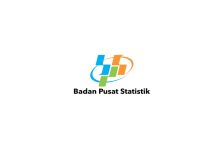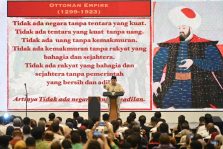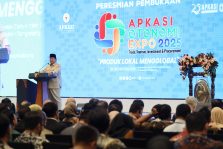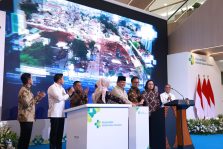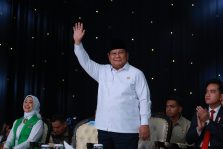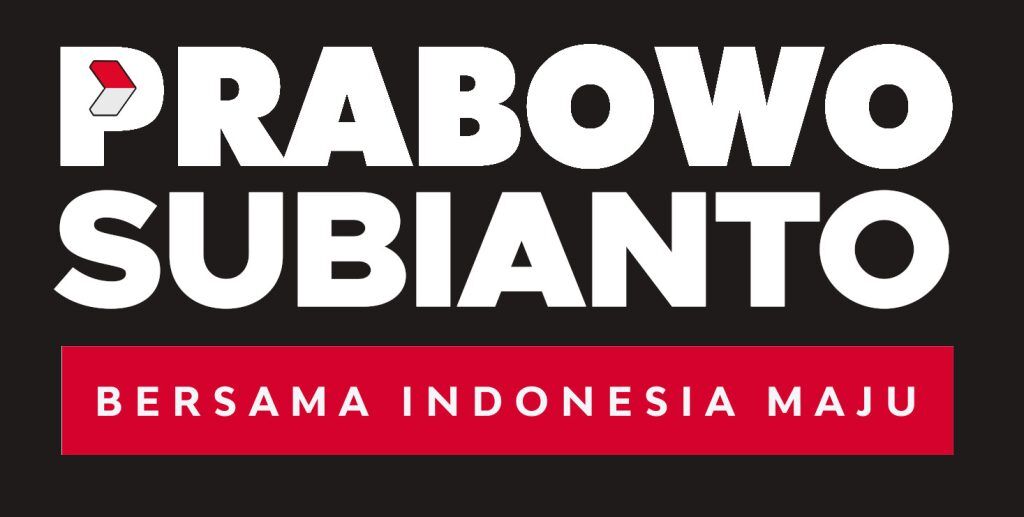By: Bambang Pontas Rambe
A news headline can wield immense power in shaping public perception. On Wednesday, August 27, 2025, CNBC Indonesia ran a story titled: “BPS Spends Rp6 Trillion on Economic Survey, Criticized by Parliament.” The report exemplifies how a headline, stripped of nuance, can distort context and trigger controversy. Yet at its core, this issue is not merely about budget figures—it reflects deeper challenges in public communication, institutional accountability, and the public’s understanding of statistics.
To dissect this debate, we must first set aside the bias introduced by the headline. The Rp6.85 trillion figure at the center of the storm is not earmarked for a single economic survey. Rather, it represents the entire 2026 budget allocation for Statistics Indonesia (BPS). This figure covers the agency’s operational costs nationwide—salaries for thousands of staff, office expenses, and funding for hundreds of mandatory statistical activities. All of this had already been laid out transparently during a parliamentary hearing between Commission X of the House of Representatives and BPS.
Isolating the Rp6.85 trillion number from BPS’s broader operations is a fundamental misrepresentation. It is akin to calculating the cost of building a skyscraper based solely on the price of cement. A skyscraper requires architects, construction workers, heavy machinery, electricity, water, and countless other inputs. Similarly, BPS’s budget encompasses the full ecosystem of its operations. By comparison, the combined budget for all national censuses and surveys conducted by BPS amounts to Rp3.13 trillion—a clear indication that the reported figure is the agency’s total annual budget, not the cost of one survey.
Beyond the arithmetic, this controversy raises philosophical and methodological questions about statistics. BPS, as the nation’s official statistical authority, has a mandate to collect, process, and publish factual data. Figures such as Gross Domestic Product (GDP) are not speculative estimates but the result of rigorous scientific procedures. Responding to criticism, BPS Chief Amalia Adininggar Widyasanti emphasized that the agency employs more than a thousand variables in its calculations—concrete proof of the precision and objectivity underpinning its work.
BPS adheres to methodologies aligned with international standards and is subject to oversight by global statistical forums. This not only ensures data quality but also safeguards BPS’s credibility on the world stage. Such confidence from the international statistical community was underscored when BPS was appointed host of the UN Regional Hub on Big Data and Data Science for Asia and the Pacific—an endorsement of the institution’s methodological integrity.
At the same time, the critiques voiced by legislators such as La Tinro La Tunrung and Juliyatmono must be seen as part of constructive democratic discourse. Their concerns were not merely about perceived wastefulness, but rather about the need for greater transparency and improved public communication. They highlighted the challenge BPS faces: bridging the gap between complex data and public understanding. In this sense, their criticism should not be seen as an attack, but as an invitation for BPS to take a more proactive role in educating the public. The task for every public institution is the same—how to make scientific data accessible, relevant, and easily understood.
Ultimately, this debate teaches us an important lesson in the age of information overload: every news story must be carefully unpacked. A provocative headline often represents only the tip of the iceberg. Beneath it lie deeper layers of complexity and nuance. Understanding the context of budgets, methodologies, and political dynamics is key to forming sound and informed opinions.


